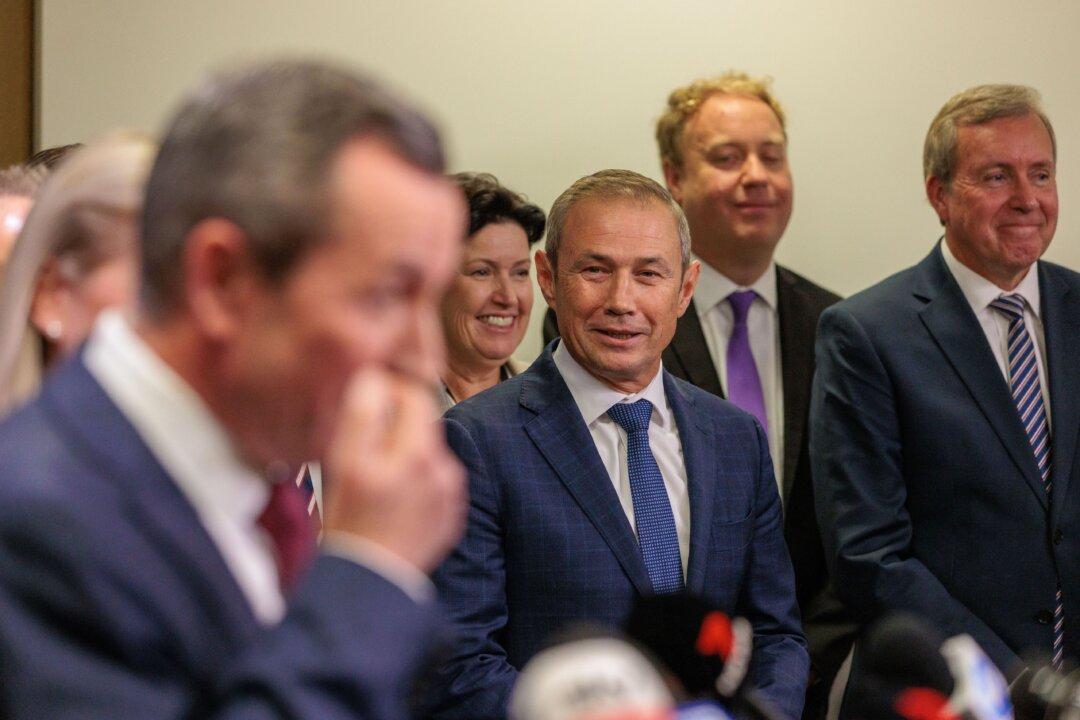The West Australian Labor government’s popularity with the voters has plunged, according to a new poll, following the passage of controversial new laws which have seen farmers and landowners across the state concerned about their rights.
The Utting Research poll of 1,000 voters, which was conducted between July 18-20, shows a resurgence of support for the Liberal party, which now has a 54 percent to 46 percent two-party preferred lead over Labor.





